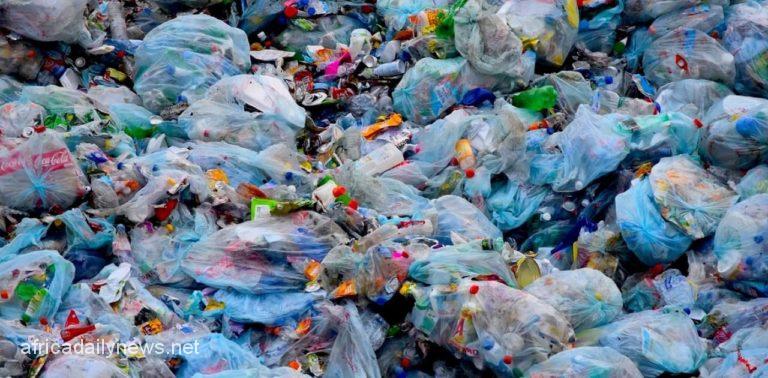A Lagos-based waste recycling company, Freee Recycle Limited has revealed that the State generates about 870,000 tonnes of plastic waste annually.
Managing Director of BASF West Africa, Jean-Marc, recently highlighted the amount of garbage produced by the state as a source of income for the state while speaking at an event in Lagos.
He asserts that there is a sizable market for recycling garbage and that Nigeria still has a ways to go in addressing the waste problem. He also claims that the amount of waste produced in Nigeria and its overall value in the rising market are becoming problems.
Jean-Marc added that the name change from Freetown recycling to Freee recycling will immediately provide solutions to the problem and people will start seeing big opportunities in waste recycling.
‘When we collaborate the first thing we look at is that we share common values and passion but measuring your success is very critical and you can only look at it from the total value of society’s perspective. We often see piles of plastic waste in Lagos, and everybody drops it in the garbage and they don’t even care about it. Look at it as mining in that particular pile you might have five to seven different types of plastics some of them have electricity value tied to them and others have a growing value chain for recycling’
Also speaking at the event, the Managing Director of Freee Recycle Limited, Ifedolapo Runsewe, said the announcement of the name change to the general public and their new identity signifies the commencement of their pan-African agenda.
She said Freetown Recycle Waste Management Limited started in Nigeria in 2018 with plans to expand into other African countries.
Runsewe stated that Nigeria has a long way to go in adopting better waste disposal but that the beauty about it is that we are beginning to open up and embrace recycling methods.










